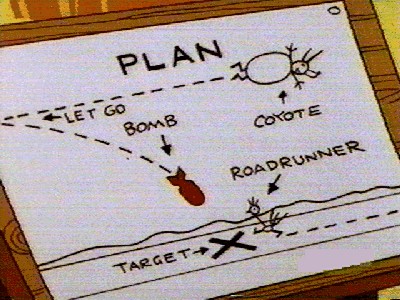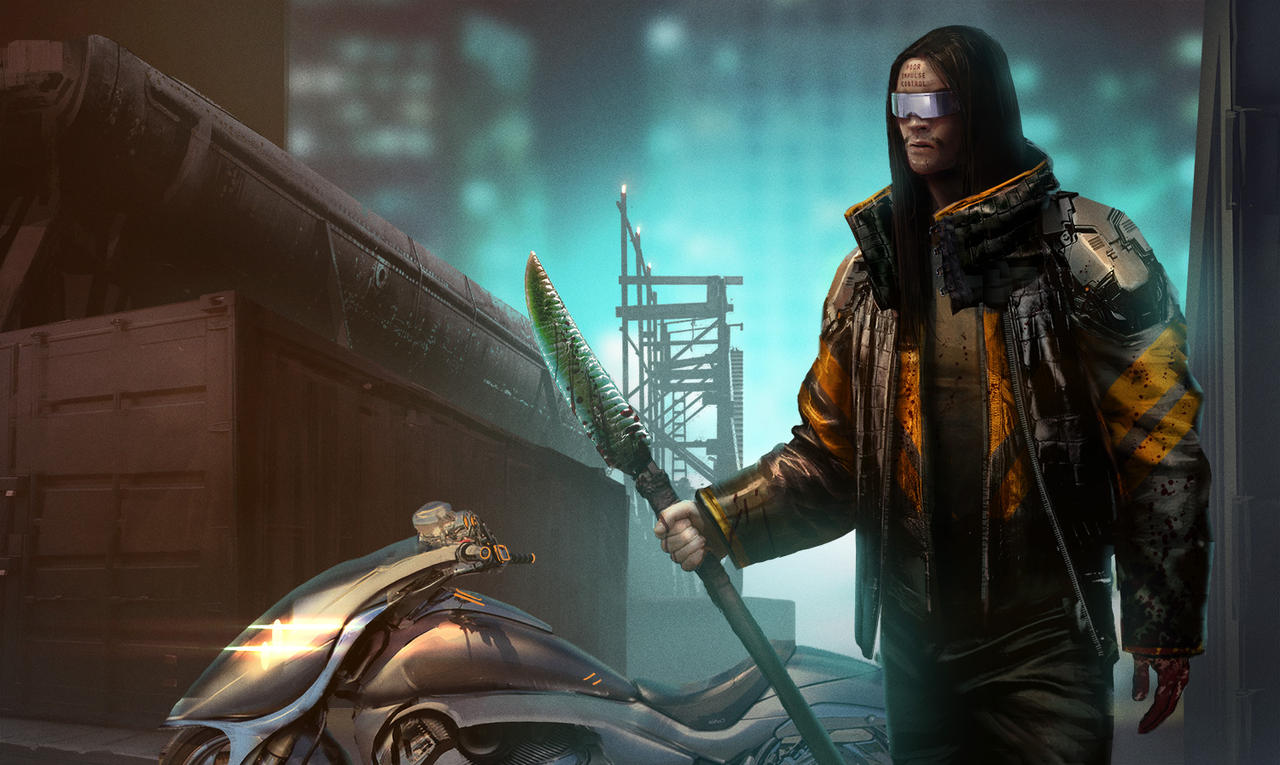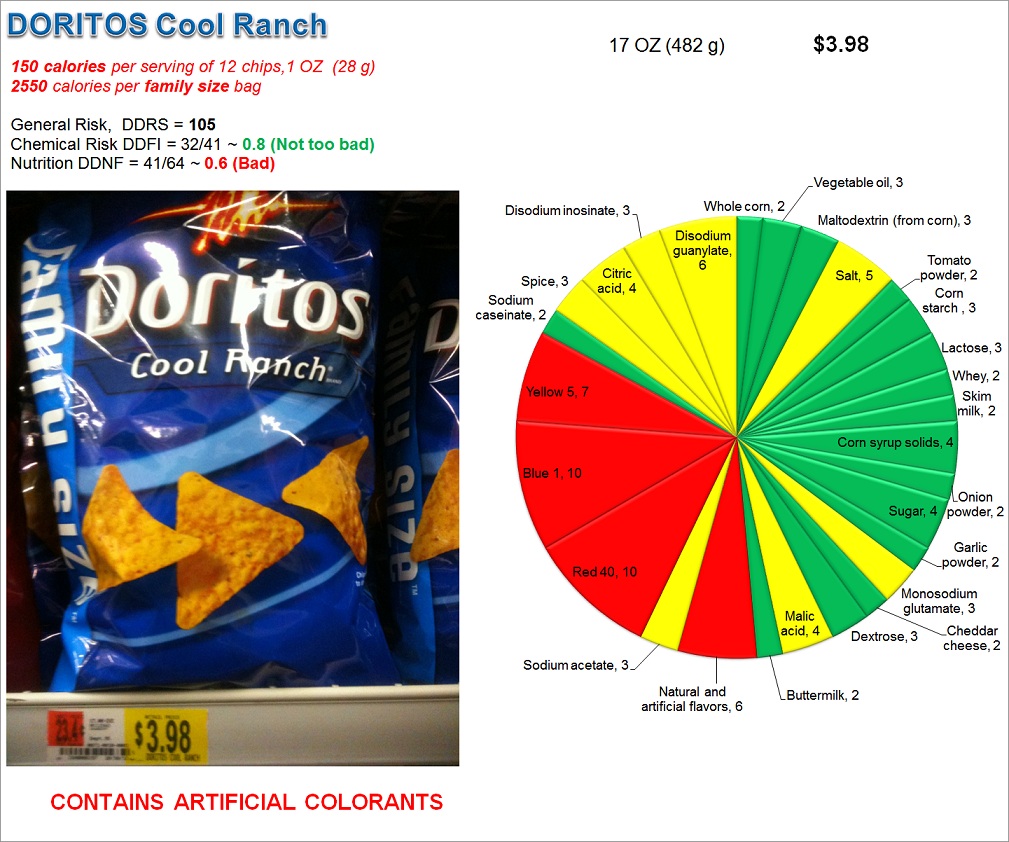Greetings, Clamunists. Are you enjoying the heat? We, ourselves, walked our dog in the woods last week and it felt more like a fateful patrol in a Nam movie. We fully expected a member of the Sheen family to show up and start imparting wisdom in the form of low, growly and possibly cocaine-induced narration.
As our brain cooks inside the Instapot of our skull, something has been annoying the piss out of us. More than one person has reached out in a rage about the several housing developments going up, decrying it as a sure symbol of “Gentrification” – the dreaded “G” word which indicates Gloucester will very soon be Newport Rhode Island and we will all be forced to wear red shorts and boat shoes with dress shirts. Then we will all perish from punching ourselves to death, as is just.

They had breastplates like breastplates of iron, and the sound of their wings was like the thundering of many horses and chariots rushing into battle. They had tails with stingers, like scorpions, and in their tails they had power to torment people for five months.
Gentrification is real. And a massive challenge. And happening. But it is not just “shit you don’t like.”
See, here is the thing. If a person wanted to actually do something effective against gentrification, they would do all of this (which have been done other places, look it up, there are case studies):
- Create very strict rent control You would tell landlords, individual owners, many elderly, oftentimes somebody’s grandma, what they can charge for rent. As you can imagine, this would not be popular. But if you actually care about gentrification, you would do it. You’d have to.
- Buy up all the available developable land and put it in trust This would cost hundreds of millions of dollars. And the land wouldn’t be fun parks or whatever, it would just be undevelopable rando plots of land. That will be a fun city budget item to propose: “We’re buying millions of dollars in land to do nothing with. It’s going to cost money and provide no return.” Or raise the money privately. So, great. Where is this trust? Do you need a website? A Gofundme? Reach out, we’ll help, but we don’t have access to millions of dollars until the Magnitsky act gets overturned and we can access our Cyprus bank accounts.
- Build as much densely-packed affordable housing as possible Yes, you prevent gentrification by building new housing. Public/private partnerships, tens of millions of dollars invested at least. And you’d have to listen to closet-racists say shit like, “it will just bring in people from Lynn,” by which they mean brown people because racists.
You’d have to do all three of these things, and you’d need to start fifteen years ago. But if you are not fully on board with each and all of these, then you are not doing shit about gentrification and you’re just opposing a housing project you don’t like. That’s fine. Some housing project ideas are terrible. But don’t come running to us, the local firebrand lefties, with the “G” word unless you really plan to do something about it.
Additional note: Do not, under any circumstances, send us articles about gentrification that begin like this:
This once authentic neighborhood, which previously supported payday loan storefronts and off-track betting parlors, now is the domain of tattooed tech-industry workers riding fixed gear bicycles, flitting to brewpubs featuring single strands of lightbulbs and farm-to-table ingredients.
Don’t send us that, because it will enrage us. Something like ⅙ of downtown Gloucester is un or underoccupied. New cool places to hang out, new and interesting businesses, all that is very hard to make happen here because for some reason Gloucester landlords prefer to leave space empty. They ask for very high rents, and when they don’t get the rates they want, they just leave it vacant for months, years or decades.
This confuses the shit out of us. No Snark- can someone please explain this? In college we took economics and we seem to remember this “law” that when a commodity had high supply and low demand, the price would adjust downward. Markets, we were told, were perfect, almost ethereal entities and would always prevail. Then we were forced to don robes and worship a vision of Ayn Rand formed from cigarette smoke from an ashtray held by a statue of Alan Greenspan. Later we were told the shrooms Justin had found in the woods were not what he thought they were and the entire dorm spent the night puking, but that still markets were perfect and would always adjust. But for some reason, this economic law does not work here. For our part, we’d pretty much dig some variety of businesses shoved into those empty spaces.
We are also actual tech workers, entrepreneurs, even, and we ride a bike and have an electric car and all that dorky crap. Newsflash: we have a right to be here too. Because this is an actual town where people live. This is not some kind of Plimoth Plantation-esque historical museum dedicated to one particular epoch. It’s a city. Things change. And there are kids to educate and roads to fix and high schools to keep from sliding off the continental shelf into the ocean and septic plants to relocate (next to your house- I saw the drawings). It’s real life here. It’s not curated.
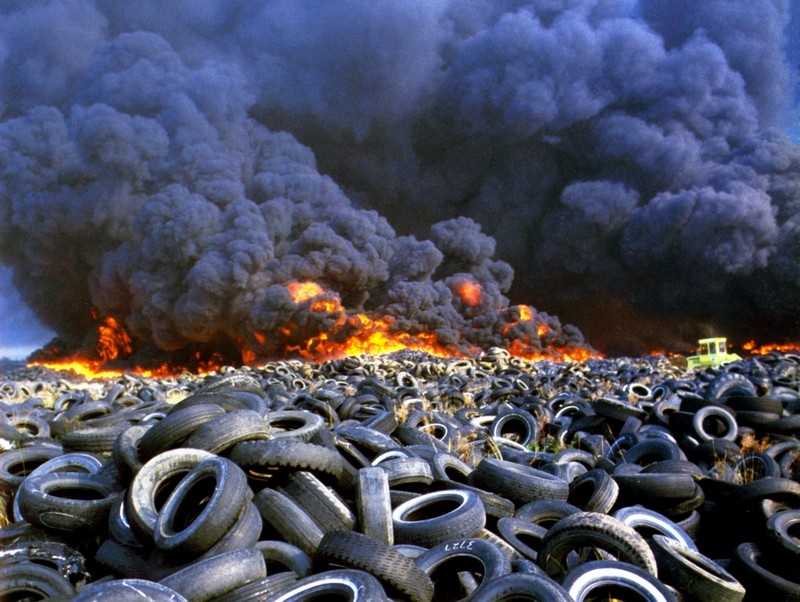
They’re also putting in a pile of burning tires across the street from you
The last thing I’ll tell you is this. We do much of our work in Cambridge these days. When you get on an elevator in a building with a lot of tech workers, there are one or two people like us: nerds in biz casual (jeans, sneakers, button-downs) carrying laptops in messenger bags and holding expensive coffee drinks. Everyone else is drinking Dunks, in Carharts, carrying lunch boxes and with safety glasses on the backs of their necks. These folks (who also have tattoos, btw) are laughing their asses off at us because they don’t have student loans, absolutely will not get laid off they are in such high demand, and never ever have to sit through a 93 slide presentation titled, “Generating Optimal Outcomes by Leveraging Core Deliverables.” These folks make good money- many start at something like 40K right out of a one year, 10K training program and go up from there. A lot of these folks are leveraging training they received in the military. Industry is fighting tooth and nail for these workers, offering signing bonuses, ed reimbursement, all that. It’s 21st century blue collar middle class.
We are lucky as hell, here in Eastern MA, to have this, while the traditional middle class disappears everywhere else.
These folks run the labs, shops, benches, QA, shipping, chryo, and other essential infrastructure for what we coined as “Loading Dock Technology.” Back in the 90s when everything was all about programming, all you needed were computers and some bean bag chairs and maybe a foosball table. Today, in the exploding medical device, biotechnology, robotics, specialty manufacturing, nanotech, alternative energy and IOT (Internet Of Things) industries you need actual humans to build and run stuff because you are making actual, physical objects. You need the labs and benches built and that takes plumbers, electricians, HVAC, cryogenics and technicians.
These hands-on folks, often called, “science athletes” are what the Gloucester Biotech Academy is producing for just one of these industries. It is truly amazing we have this resource right here, giant props to everyone who made this happen. Let’s get more of this.
Because these companies are coming to Gloucester. Near the MIT dome, lab and office space is $90 a square foot. Once a company gets their product developed down there, they move out to commercialize it at lower cost and wind up in places like Burlington, Watertown, the office parks in Lexington and now, Beverly (ever wonder why there is all that traffic on 128 now?). Soon, here.
This is just the way of things. We can stare out at the sea all we want and talk about marine industry, which is great, but let’s be honest. We haven’t had many takers on putting thriving industrial businesses next to the water here. But up in the office parks, we’re going to see more and more of loading dock tech companies, and people from here are going to work at them and that is good. As we said, we’re absurdly lucky to be in a place with economic options in modern-day America.

Still safer than Bitcoin
Yes, it’s change, but it’s only gentrification if we price out people. And for all the rage-posting at whatever ugly collections of townhouses someone will slap together, that really is up to private landlords and homesellers and the extent to which we commit to building and maintaining affordable housing. Affordability is a huge factor everywhere two hours or less from a tech industry hub. You can be as pissed off as you want, but it’s not going away.
Our task as a community will be to figure out how to make all this work for actual, real-live people as tech creeps north. Our job will be to create new opportunities for as many folks as possible, and to protect the vulnerable and the young in particular, whom we want to stay here, raise families and continue to make fun of our inability to use Snapchat correctly. Because we’re a city, not a “market” and the engines of our economy don’t pause to think about the real consequences on people lives, so that’s up to all of us.
Unless Amazon winds up in Eastie, then we’ll all get priced out and wind up living a collection of abandoned shipping containers in a vacant strip mall parking lot in New Hampshire, which will be fun. If someone has a generator, I can bring the Instapot.
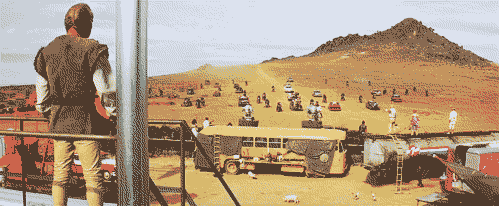
Great, they didn’t even text. Now we’re going to need more chili.
NOTE: Any responses to this post implying we can have a thriving, multi-level economy based on the vague concept of “Arts” will be deleted. We love the arts, please keep doing art, we’re fans and patrons. But this ain’t Tanglewood and “art” communities (see: Provincetown) actually have worse Gentrification problems than tech towns. Look it up.








